A Review of “Why the Germans? Why the Jews?” — Part 2
Götz Aly’s envy theory of German “anti-Semitism”
As mentioned in Part 1, the central thesis of Why the Germans? Why the Jews? is that German hostility toward Jews in the nineteenth and early twentieth centuries was motivated by German envy at the rapid social and economic advancement of Jews. Aly builds upon the thesis of his previous book, Hitler’s Beneficiaries, where he argued that popularity of the National Socialists can be ascribed to the fact that “the majority of Germans profited materially in either direct or indirect fashion from the expropriation of the Jews.”[i]
Aly notes that the same argument was originally put forward by the Jewish intellectual Siegfried Lichtenstaedter, who, in attempting to account for the rise of National Socialism and its anti-Jewish policies in Germany, proposed in 1937 that the NSDAP “was a party of social climbers.” Jews were hated because they were competition for “survival, honor, and prestige.” “Anti-Semitism” in Germany owed its aggressive force, he claimed, to envy and the desire for social betterment. If Jews as a group were perceived as being “disproportionately happier” than other groups, Lichtenstaedter wrote, “why shouldn’t this give rise to jealousy and resentment, worries and concerns about one’s future, just as is all too often the case between individuals.”[ii]
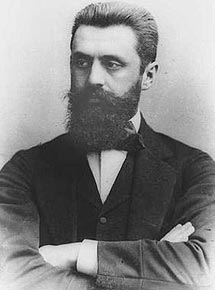
Theodor Herzl
This same essential argument was also advanced by the pioneering Zionist leader Theodore Herzl. Kevin MacDonald notes in Separation and Its Discontents that Herzl argued that “a prime source of modern anti-Semitism was that emancipation had brought Jews into direct economic competition with the gentile middle classes. Anti-Semitism based on resource competition was rational.” Herzl “insisted that one could not expect a majority to ‘let itself be subjugated’ by formerly scorned outsiders that they had just released from the ghetto.”[iii]
What made Germany’s Jews so enviable, Aly argues, was the way that they took advantage of the new economic opportunities that arose in the course of the nineteenth century, as the old feudal order gave way to the modern world. Nevertheless, in order to avoid the unpalatable conclusion that the German “anti-Semitism” of the nineteenth and early twentieth centuries was therefore rational, Aly argues that the underlying cause of this envy-fuelled hostility toward Jews resided exclusively in the psychological inadequacies and malformations of the Germans themselves. Thus, for him, it was German mental deficiencies, rather than any Jewish behavior, that propelled the German nation down a path that would supposedly culminate in “the Holocaust.” Read more

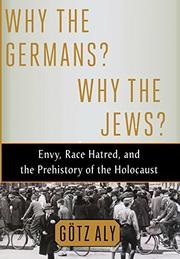
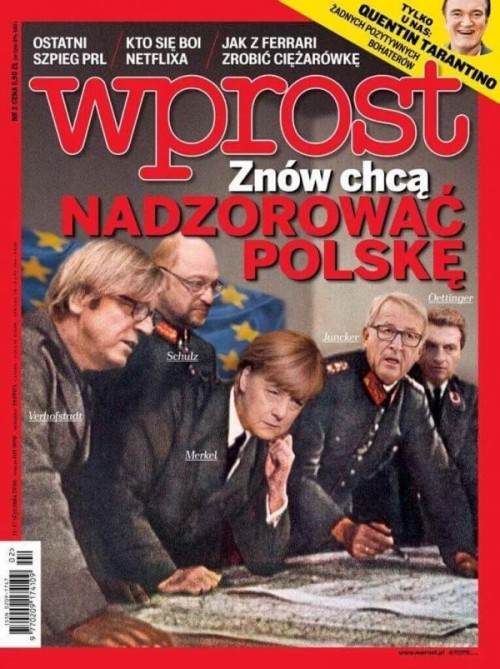
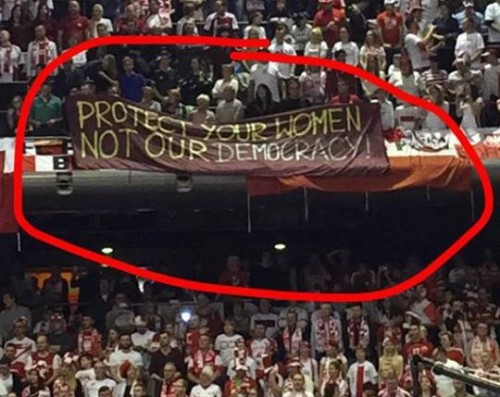
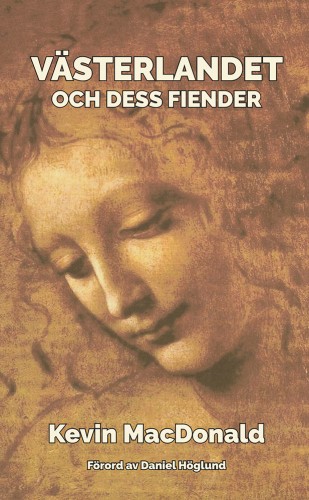 Professor Kevin MacDonald is well known for his research on evolutionary psychology and group strategies, and he is the author of several books. The most well known of these have doubtless been A People that Shall Dwell Alone: Judaism as a Group Evolutionary Strategy (1994), Separation and Its Discontents: Toward an Evolutionary Theory of Anti-Semitism (1998), and The Culture of Critique: An Evolutionary Analysis of Jewish Involvement in Twentieth- Century Intellectual and Political Movements (1998). The last of these books has been translated into Swedish (Kritikkulturen), as has MacDonald’s monograph Understanding Jewish Influence (Att förstå det judiska inflytandet). Both books have been much appreciated and I am very glad to have been involved in the work to publish a third book in Swedish by Kevin MacDonald. Several of the chapters in this book have been published earlier on different webpages, but unfortunately, these webpages are they are no longer active. Over the years I have tried to contribute to these pages and fortunately I have access to archives with important translations and other published material. This book is the first result of an ongoing work with categorizing and identifying the most important articles in these archives.
Professor Kevin MacDonald is well known for his research on evolutionary psychology and group strategies, and he is the author of several books. The most well known of these have doubtless been A People that Shall Dwell Alone: Judaism as a Group Evolutionary Strategy (1994), Separation and Its Discontents: Toward an Evolutionary Theory of Anti-Semitism (1998), and The Culture of Critique: An Evolutionary Analysis of Jewish Involvement in Twentieth- Century Intellectual and Political Movements (1998). The last of these books has been translated into Swedish (Kritikkulturen), as has MacDonald’s monograph Understanding Jewish Influence (Att förstå det judiska inflytandet). Both books have been much appreciated and I am very glad to have been involved in the work to publish a third book in Swedish by Kevin MacDonald. Several of the chapters in this book have been published earlier on different webpages, but unfortunately, these webpages are they are no longer active. Over the years I have tried to contribute to these pages and fortunately I have access to archives with important translations and other published material. This book is the first result of an ongoing work with categorizing and identifying the most important articles in these archives. 


